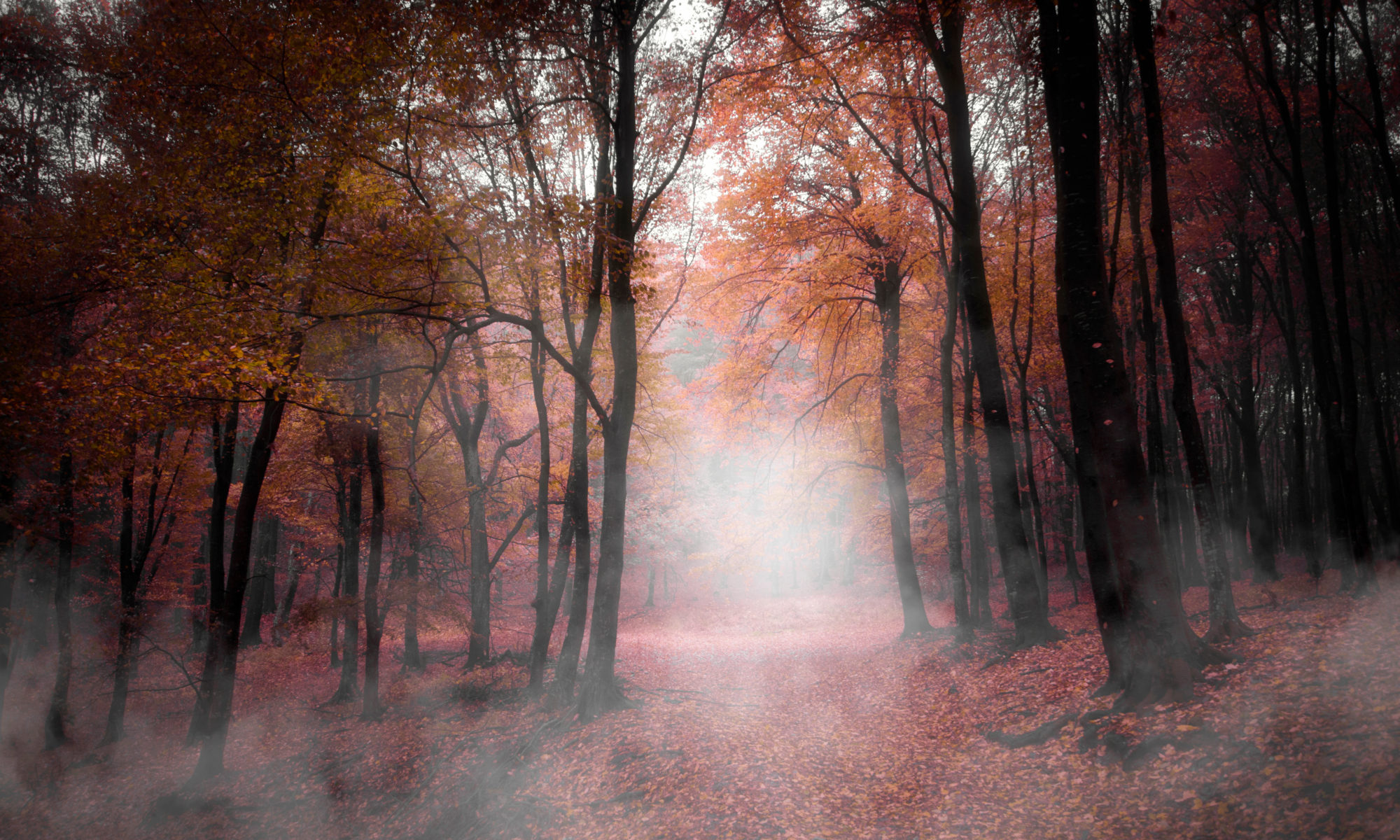by Mary Sutton / @mary_sutton73
One of the reviews for Power Play: Hero’s Sword Vol. 1 mentioned that the conflict between the main character, Jaycee, and the “popular” cheerleaders was a bit stereotypical. When I read that, I kind of stepped back. Was I stereotyping? Maybe. Perhaps I was relying on my own memories of middle school a little too much. Maybe it’s become sort of an overused trope of writing.
For the non-writers, a trope is technically using words in anything other than their literal sense, such as metaphors. But Wikipedia says, “Since the 1970s, the word has also come to mean a commonly recurring literary device, motif, or cliche.” (emphasis mine)
So, using tropes is not necessarily bad, but using cliches isn’t the best writing. I mean, who wants to have worn out, uninspiring prose based on overused, trite ideas?
So I began thinking: Maybe I need to backtrack here a little. Maybe things have changed since I was mocked for not wearing Jordache jeans (you children of the 80s will understand that).
Remember that saying? The more things change…
My daughter is almost Jaycee’s age. Normally a strong, independent child, this week was, well, not pretty. See, the girls at school are taunting, dare I say bullying her. And whereas boys are bad enough, at least they are physical. You can hit the bully back. Girls are sneaky. It’s all verbal. “Those jeans look dorky,” or “you’re so ugly,” or “you’re so lame because you don’t have an iPhone” (I am not making that last one up – seriously).
And I’m right back to Jaycee and her cheerleader adversaries.
What I realized is that it may be a trope, and maybe it’s a little stereotypical and cliched. But it’s still true. This garbage still goes on. Kids, boys and girls, still find themselves outside the sphere of “cool” for the stupidest of reasons.
Which tells me that Hero’s Sword is real and it sends a message that is still relevant. Even if you aren’t “cool,” you’re all right. It’s okay not to be like the “cool” kids. Find your identity. Claim your space. And don’t be ashamed of it.
That’s Jaycee’s journey. That’s the journey that my daughter, and the thousands of kids like her, are taking right now (okay, across the US it’s summer vacation, but you get my point).
They say that for your writing to be good, you have to feel passionately about it. After this week, I’m feeling rather passionate about Jaycee. I’ve got the final scene of the series written already. I know where I want Jaycee to go. I hope I can get her there in (relatively) one piece, especially emotionally.
To quote Donald Maass, I’m not sure Hero’s Sword is going to change the world. but if it makes one kid feel better about standing his or her ground and saying, “Hey, you can’t make me feel bad about myself, bully,” well, I’ll consider it a job well done.
Photo courtesy of nist6ss; used under Creative Commons.


Rather makes a parent feel like eliminating school all together doesn’t it?
It does make me wonder how much they can actually learn when they are so worried about peer responses to things as stupid as jeans.
I told my kids (and my grandkids) not to worry about being cool or popular. Focus on making one of two friends. The friends don’t have to be cool or popular either. But if some of the “cool” kids aim the crap at you, having someone to say, “Hey, don’t worry about it. They’re just being jerks.”, can make all the difference.
Very true. I had one really close friend in middle-school. I had her back, she had mine. Fortunately, my daughter has those friends, just not at school. Which means she’s doubly-glad for summer vacation!
Oops, that was suppose to be “one or two” not “one of two”. Premature mouse click.